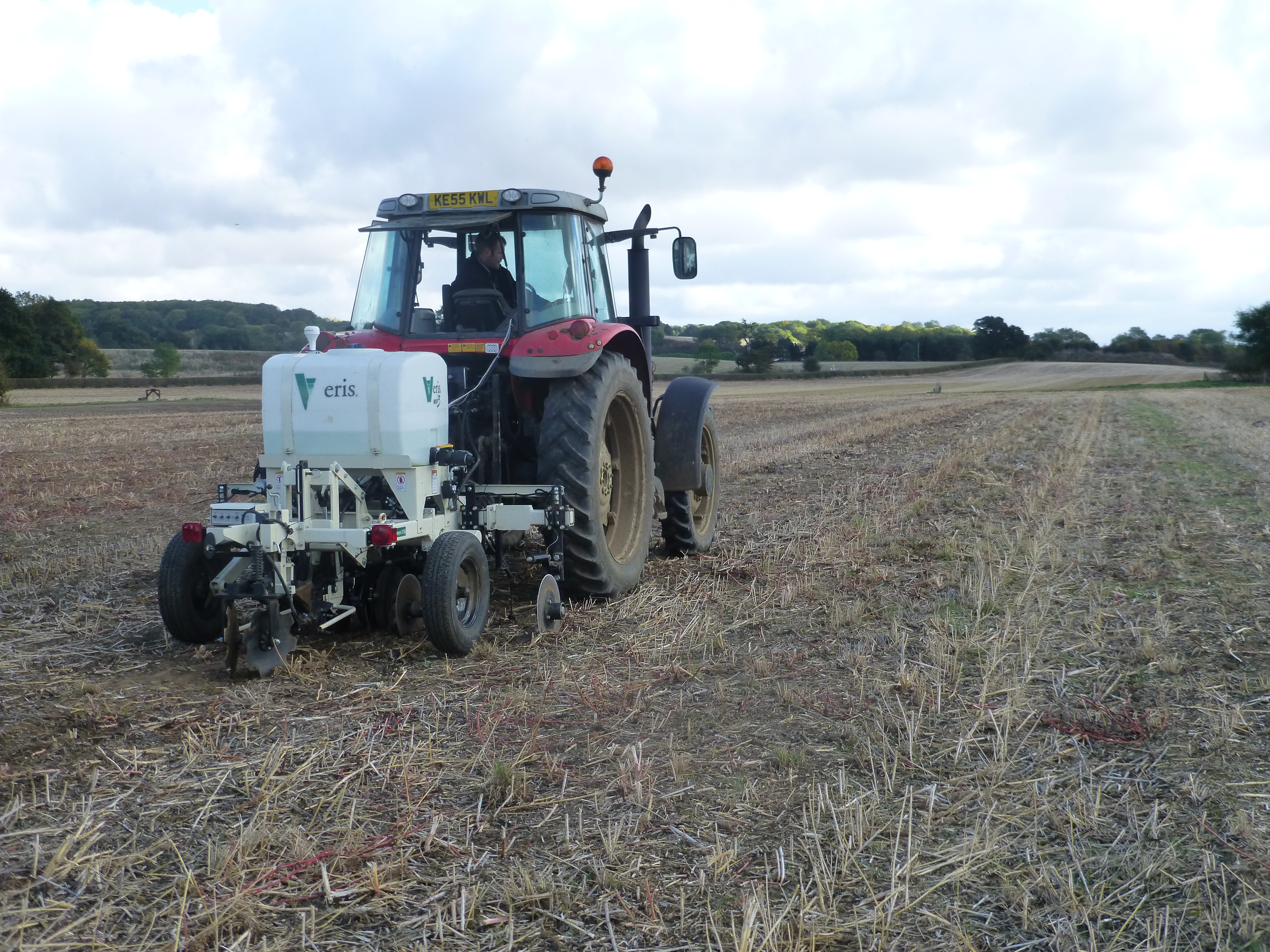Precision farming in horticulture
Precision farming in horticulture
Project start date:17 December 2019
Project end date:31 August 2018
AHDB Horticulture project CP 107c: Precision farming technologies to drive sustainable intensification in horticulture cropping systems
Precision techniques can help to improve the efficiency of operations in horticulture production systems, including cultivation and accurate fertiliser and agrochemical applications. Precision farming involves measuring and responding to variability in soils and crops to optimise returns on inputs. Potential increases in marketable yield of high value crops makes precision farming an attractive option for many growers. Anecdotal evidence suggests that whilst uptake of GPS and soil mapping in horticulture is increasing, the development and uptake of other precision farming techniques such as controlled traffic farming (CTF), canopy N sensing and yield mapping has largely been focussed in cereals and oilseed rape. Some of these precision farming techniques have direct relevance to horticulture and there is interest from growers in their potential to increase yields and improve profitability.
The aim of this project was to evaluate the current and future potential of precision farming techniques to optimise soil and nutrient management in horticulture, and to encourage greater uptake of commercially available techniques.
Phase one of the project (first 14 months; objectives 1-3) included a field survey of soil structural conditions under horticultural cropping and a review of precision farming techniques for improved soil and nutrient management. In Phase Two (years 2 & 3) the precision farming techniques with the greatest potential for uptake were evaluated through demonstration activities and/or field experiments on six commercial farms.





